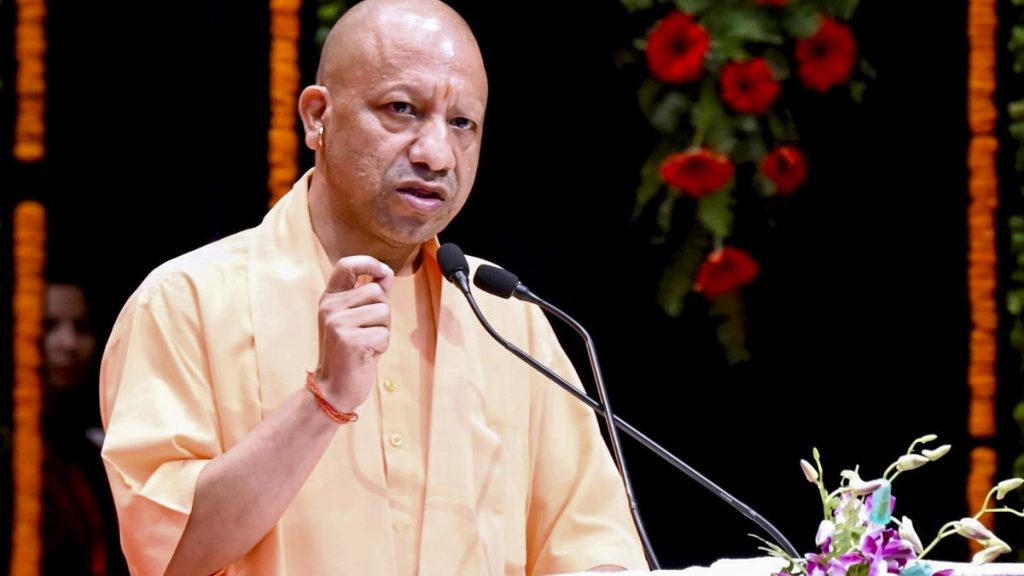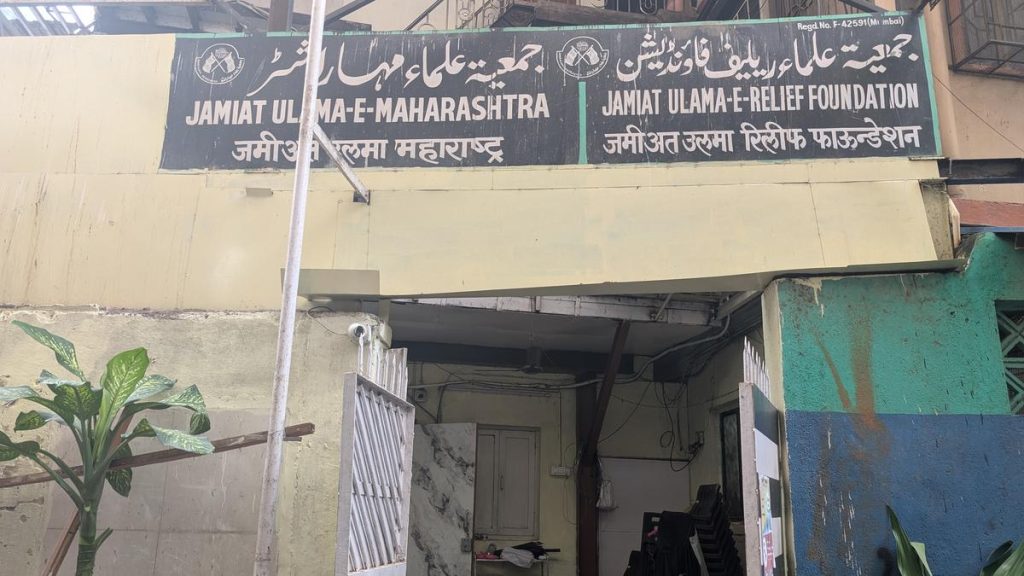Now Reading: *”AI Scams: Senators Warn of Fraudulent Calls and Texts”*
-
01
*”AI Scams: Senators Warn of Fraudulent Calls and Texts”*
*”AI Scams: Senators Warn of Fraudulent Calls and Texts”*

Quick Summary:
- A new scam involving AI-generated voice clones impersonates goverment officials to deceive targets.
- The FBI warns scammers use text messages and voice cloning technology to impersonate senior officials, creating urgency or familiarity to lure victims into clicking malicious links.
- These links steal login credentials, enabling further phishing attacks on additional contacts or financial fraud activities.
- Targets of these scams often include government officials and their close associates due to the public availability of their voices in speeches and statements.
- AI deepfake tools have advanced significantly, producing high-quality imitations even after analyzing brief audio clips for cloning purposes.
- Cybersecurity reports show phishing attempts increased by 58% in 2023, partly because of AI-driven scams. Seniors remain disproportionately affected with $3.4 billion stolen last year via schemes linked with deepfakes.
- High-profile applications of voice cloning have included voter suppression robocalls using fake voices of political leaders like Joe Biden in New Hampshire elections-a strategy that resulted in legal consequences for those involved.
[Image Caption: “The AI clones establish a rapport and then try to trick the target into clicking dirty links.Image: Moor Studio/Getty Images”]
!300px-wide generic gadgets image
for more details about the story, visit Read More on PopSci
Indian Opinion Analysis:
India faces increasing risks as generative AI technologies gain traction globally. This case highlights how refined tools can exploit public figures’ identities through readily available audio samples-actions particularly relevant for Indian politicians given India’s reliance on large-scale communications during campaigns.If such practices escalate locally, not only could targeted scams harm reputations but extensive data theft might pose broader cybersecurity challenges at institutional levels (e.g.,state governments). This underlines the necessity for government offices and personnel across India to develop stringent verification protocols while using robust training models about digital awareness among citizens.
Moreover, considering India’s upcoming digital expansion initiatives under programs like “digital India,” staying ahead against evolving threats such as these must become integral within frameworks tackling cyber fraud-especially given widespread mobile internet penetration facilitating easy prey accessibility akin previously impacting vulnerable senior groups abroad.Ensuring partnerships between domestic regulators (CERT-In level guidance mechanisms) alongside proactive alerts population ensures coordinated resistance long-term safeguards vital amidst ‘deepening fakescape’ heights adaptive criminals extending regions reliant complex infrastructures!
























